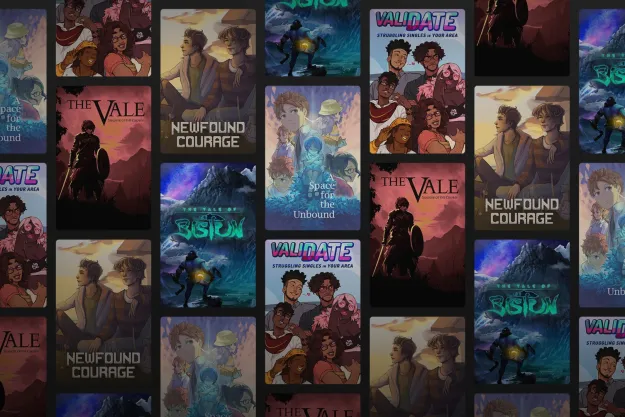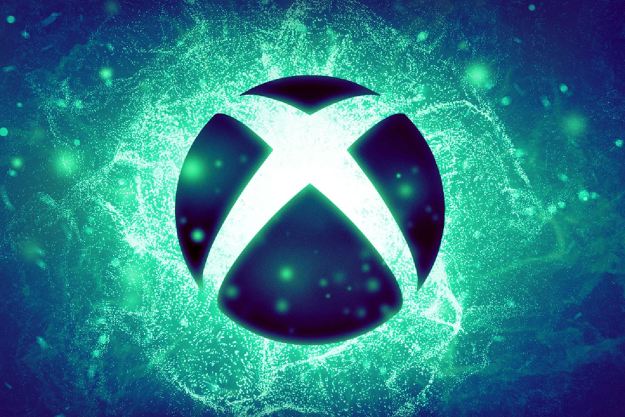Unredacted documents submitted and made publicly available to view as part of the ongoing Microsoft vs. Federal Trade Commission (FTC) trial just led to what may be the biggest leak in video game history.
A flood of files have revealed deep secrets about Xbox's upcoming plans for the bulk of the decade, giving us unprecedented insight into what's on the horizon for the gaming giant. That includes information on upcoming hardware refreshes, next-gen consoles, and unannounced Bethesda titles, as well as a further peek into Microsoft's acquisition ambitions. It's a lot to trudge through, so we've rounded up five key revelations that you'll want to know.
A new Xbox Series X model is coming next year
https://twitter.com/stephentotilo/status/1704121068519133313
The most shocking thing to leak as part of the trial is a new Xbox Series X model. Referred to as "Brooklin -- Xbox Series X Refresh" in the leaked documents, this is a diskless, cylindrical version of the Xbox Series X with 2TB of internal storage, a USB-C port, and smaller technical improvements to the system's Wi-Fi, PSU, standby mode, and more. An upgraded Xbox Series S code-named Ellewood may also be in the works and released before Brooklin.
If Microsoft still follows the plan laid out in this "Roadmap to 2030" document created in May 2022, it would release Brooklin in late October 2024 for $500. If Microsoft still plans to release Brooklin next year, it does contradict recent statements from Xbox chief Phil Spencer, who acted bearish on the idea of a mid-gen refresh in Gamescom interviews. It's possible Microsoft's plans have changed since these leaked documents were made, but if not, we now know what to expect in terms of Microsoft's console refreshes.
A new Xbox controller is in the works
https://twitter.com/charlieINTEL/status/1704088621475598345
Throughout that Brooklin leak, a new version of the Xbox Series X controller is also teased. The Xbox Series X controller is great, but lacks the unique features of controllers like the DualSense or Joy-Cons, so it makes sense Microsoft would want to change that. Referred to as "Sebile -- The New Xbox Controller," this controller can seamlessly pair and connect to the cloud.
It also will feature haptic feedback, an accelerometer gyro, quieter buttons, modular thumbsticks, a rechargeable and swappable battery, and the ability to wake just by being picked up. The same road map that lists Brooklin and Ellewood's release windows says the Sebile controller will launch sometime in late May 2024 for $70.
First details on Microsoft's next-gen console leak
https://twitter.com/AR12Gaming/status/1704102055206322389
It's hard to believe we're almost already three years into this console generation and that Microsoft is planning for its next major console release, but that is the case. Unfortunately for Microsoft, its current technical ambitions for the platform were included in this leak. A leaked document states that Microsoft's ultimate goal is to "develop a next-generation hybrid game platform capable of leveraging the combined power of the client and cloud to deliver deeper immersion and entirely new classes of game experiences."
In practice, a list of technical improvements lays out that we can expect an ARM64 CPU that balances big and little cores, a GPU co-designed with AMD, and an NPU that balances "the desire for flexible, programmable ML silicon versus high-performance silicon for targeted workloads," as well as support for better ray tracing, global illumination, micropolygon rendering, and an ML-based Super Resolution. Microsoft also mentions a "thin OS" meant for cheaper consumer and handled devices, likely to play games via the cloud.
This next-gen console is currently slated for a 2028 launch.
Several upcoming Bethesda games leak
Enough about hardware -- several upcoming Bethesda games also leaked. A document from 2020 outlining Bethesda's game road map through fiscal year 2024 includes some games we don't know about. Alongside games we know of like MachineGames' Indiana Jones project, the list also includes several code-named projects, remasters of The Elder Scrolls IV: Oblivion and Fallout 3, a GhostWire: Tokyo sequel, Doom Year Zero, and Dishonored 3.
Another document also confirmed that The Elder Scrolls VI won't launch until at least 2026. Some of these games have missed the release windows listed in the documents, so it's very possible that these dates are no longer accurate and that some may not be released at all. Still, it lays out a clear picture of what was in development at Bethesda just a few years ago and provides insight into the lineup that enticed Microsoft to purchase Bethesda in the first place.
Microsoft considered acquiring Nintendo and Warner Bros. Interactive
https://twitter.com/tomwarren/status/1704021807341203802
A leaked email from 2020 gives some insight into Spencer's acquisition ambitions at that point. Namely, it sounds like he'd love to acquire Nintendo as it would be a "career moment" for him.
"I totally agree that Nintendo is THE prime asset for us in gaming, and today gaming is a most likely path to consumer relevance," he wrote. "I've had numerous conversations with the LT of Nintendo about tighter collaboration and feel like if any U.S. company would have a chance with Nintendo, we are probably in the best position ... At some point, getting Nintendo would be a career moment and I honestly believe a good move for both companies."
Ultimately, Spencer didn't want to do a hostile takeover of Nintendo, so he settled for playing the "long game" when it came to acquiring it. This same email also reveals that Microsoft was interested in acquiring Warner Bros. Interactive around the same time as Bethesda, although the lack of any WB IP ownership was its undoing, Spencer is also as intrigued about acquiring Valve as it was Nintendo.
It's worth noting that this email is from over three years ago, and these acquisition ambitions might have been quelled following changing economic conditions and the rocky and expensive process of acquiring Activision Blizzard.


